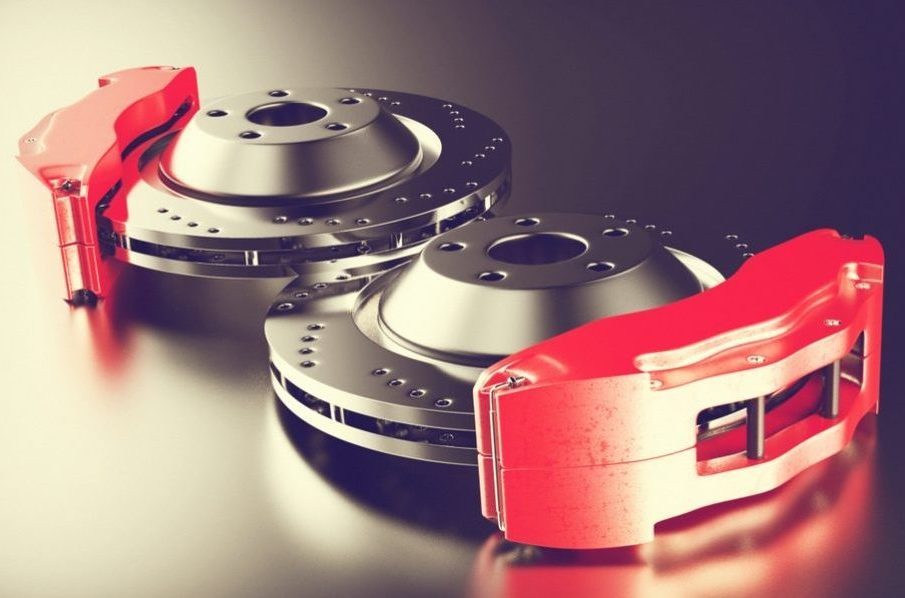Your Car Brake System And Its Maintenance

The importance of the braking system is no longer to be proven. In any road condition, it is essential to have effective brakes in order to be better prepared for a possible emergency situation even if you want to park in a garage with rubber wheel chocks.
This is why you should think about changing your discs and/or your brake pads at the first sign of wear. The degradation of your brakes has several consequences which can have a severe impact on your safety. Here are some problems you might encounter;
Problems You Might Experience
- Less effective braking
- The need to press harder on the brake pedal, which means longer braking
- Annoying noises when braking (squeaks, rubs).
To detect the wear of your brakes, several signs should be taken into account:
- The warning light corresponding to the brake pad wear warning light comes on the dashboard
- The brake pedal is longer before braking
- Your brakes consume much more brake fluid
The brake fluid level has reached its minimum (the corresponding warning light then lights up on the dashboard);
The thickness of the lining of your brake pads is below 5 mm (visible to the naked eye).
If you have noticed one of these signs of wear, it is imperative to change your brake pads or discs immediately. The longer you wait, the more the brake pad lining will degrade. Doing so may damage the disc over time. The repairs will then be much more expensive.
To prevent any risk of brake wear, you should know that the life of the pads is approximately 30,000 km. As for the brake disc, it lasts an average of 60,000 km. If you use your brakes a lot (daily trips in traffic jams, etc.) it is necessary to check their condition to avoid early wear regularly.








